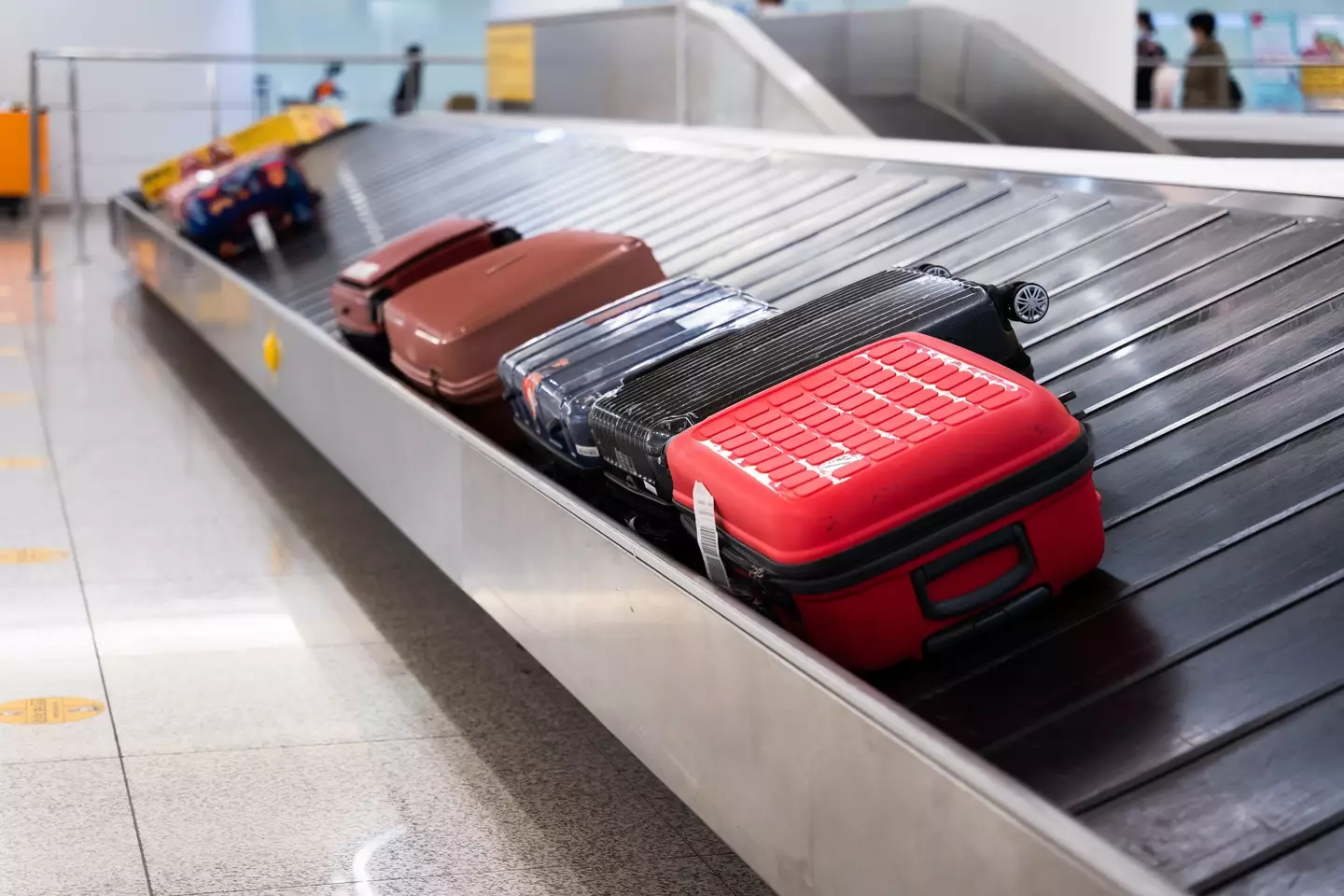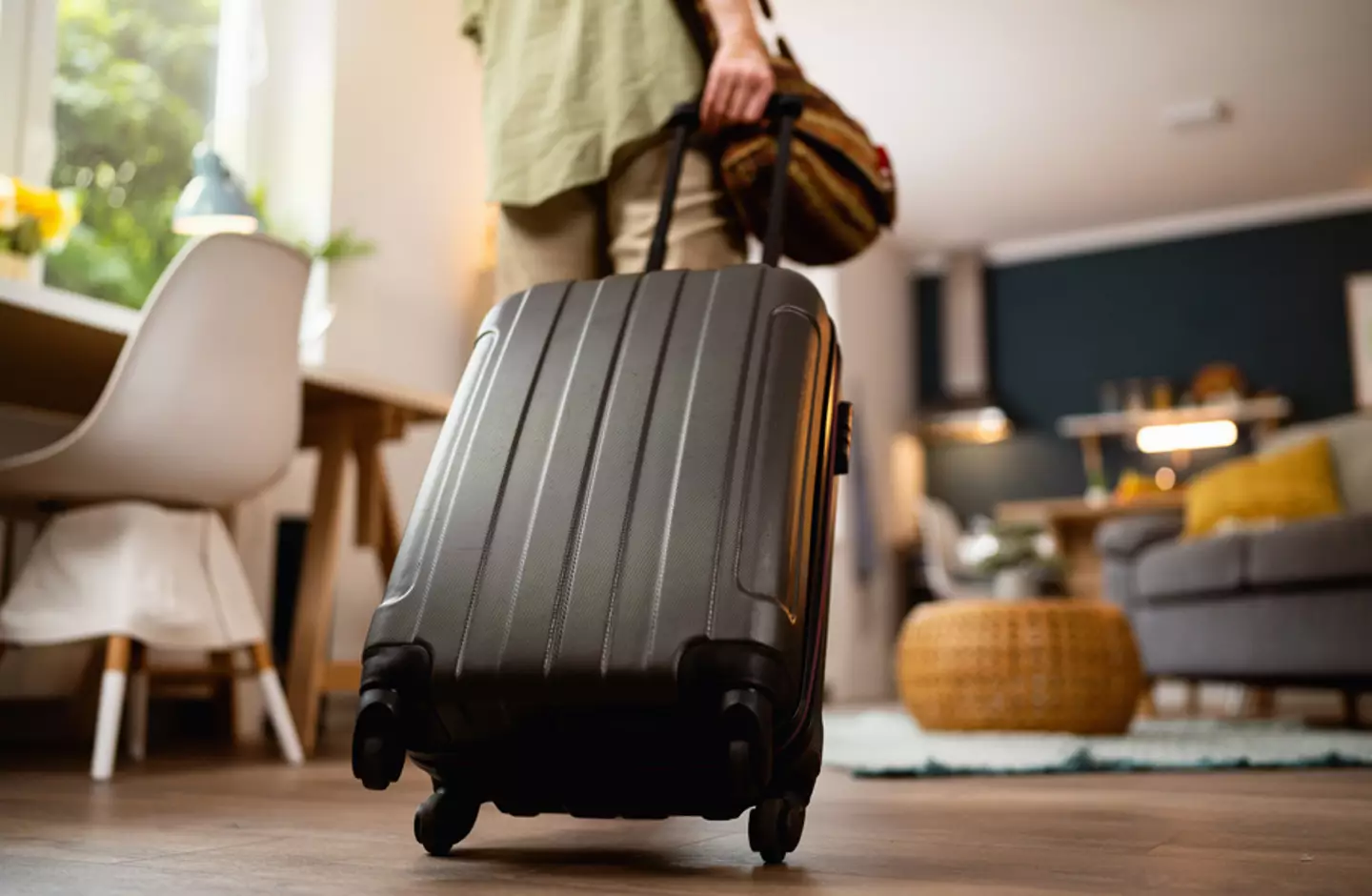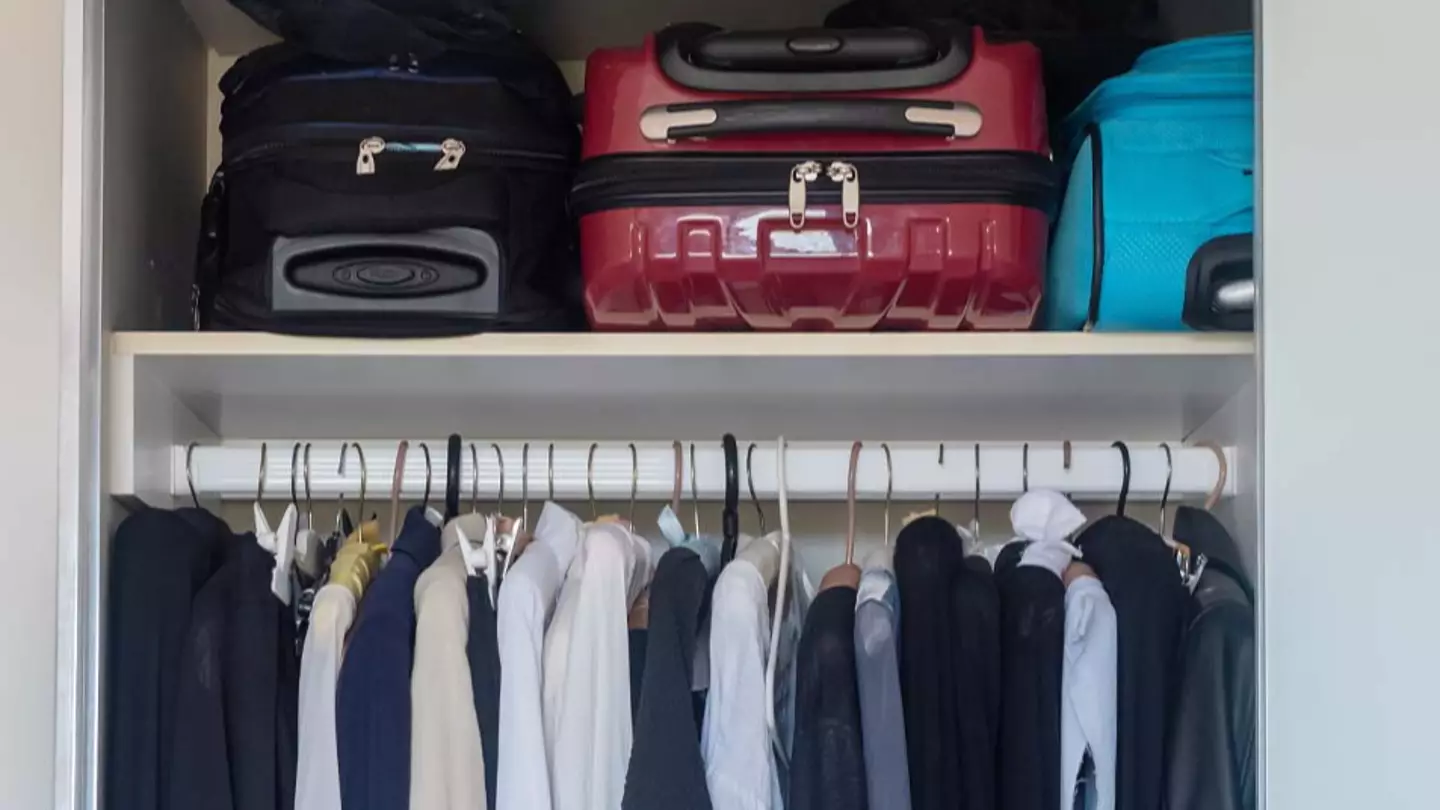There is an item in your home right now that is significantly dirtier than your toilet seat, and after learning about it, you might feel compelled to clean it thoroughly.
In the realm of unpleasant news, this revelation ranks quite high.
While it’s true that the average toilet contains an excessive amount of bacteria, something likely stored in your closet or attic could surpass it.
Scientists have discovered that this item carries 40 times more bacteria because it gets contaminated by everyday things we encounter while traveling.
You might assume I’m referring to your phone, glasses, watch, or shoes, but that’s not the case.
This item accompanies you on vacations, out-of-town events, weekend getaways, and perhaps even to work.

Regrettably, it’s your suitcase.
InsureandGo has highlighted the unfortunate truth about just how contaminated suitcases are after testing ten of them.
The research team collected swabs from the wheels and the base of both soft-shell and hard-shell suitcases at a London airport rail hub to determine the extent of contamination.
Alarmingly, the study revealed that each wheel was teeming with hundreds of colonies of bacteria and fungi, which could potentially lead to food poisoning, infections, and respiratory illnesses.
On average, the wheels of a suitcase carried 400 bacterial colonies per three square centimeters.
When compared to the 10 bacterial colonies found on toilet seats, this figure is quite startling.

If you’re curious about which type of suitcase is the worst offender, it’s the soft-shell variety.
This is because its fabric can trap dirt and moisture, creating an ideal environment for mold to thrive.
What’s even more unsettling is the fact that we often place our suitcases on hotel beds, tables, and in closets.
I’ve even set mine on my kitchen table while packing!
Upon swabbing, researchers found traces of human or animal feces, black spores, and skin microbes, which is quite a grim discovery.
Nonetheless, with 2.9 million people traveling through airports daily, according to the FAA, there’s a multitude of surfaces we’re in contact with and sharing.
Amy-May Pointer, a microbiologist and lead study author, told Travel+Leisure: “Suitcases, especially their wheels and bottoms, are germ magnets that can out-germ even a toilet.”

Among the bacteria identified was Serratia marcescens, a microbe that thrives in damp environments and can lead to urinary and wound infections.
Bacillus cereus was also present, a bacterium found in soil and on floors that can cause food poisoning.
The study also detected Aspergillus niger and Penicillium, types of black mold, known for potentially causing respiratory problems.
Perhaps the most concerning finding was presumptive E. coli, a bacterium associated with fecal matter.
“A wipe with a disinfectant wipe or soapy cloth on the wheels and base of your luggage can significantly cut down the bacterial load,” Pointer advised.
She added: “It’s a small step that prevents you from dragging bathroom-floor bacteria into your home (and onto your bed). Occasionally, you can do a periodic deep-clean of your suitcase.”

